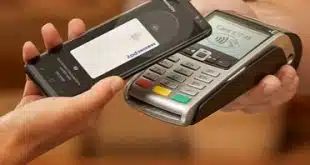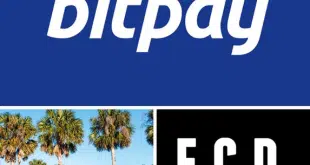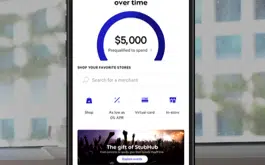When Visa Inc. and MasterCard Inc. demonstrated their streamlined EMV technology at some West Coast groceries last month, the payments industry focused on the potential for speedier checkouts and happier cardholders.
But another implication of Visa’s Quick Chip and MasterCard’s M/Chip Fast technology is that it could boost the number of merchant locations lighting up EMV contactless capability in their terminals.
EMV requires merchants and their vendors to undergo a series of time-consuming tests before the software and terminals in the store can be used to process chip transactions. Contact EMV, where the cardholder inserts the chip card in the terminal, requires one series of certifications, while the contactless variety, which allows consumers to simply wave or tap a card or device, requires yet another set of tests.
Some experts say this is one big reason many merchants have yet to activate the near-field communication capability latent in their EMV terminals. But Quick Chip and M/Chip Fast work by bypassing a number of routines rarely encountered in U.S. transactions, and that reduces the number of test scripts required for certification.
This advantage comes just weeks after Visa and MasterCard announced changes to their EMV processes that, among other things, simplified certification for merchants. The networks acted in the wake of widespread merchant frustration with lengthy certification logjams.
The Quick Chip and M/Chip Fast code is available at no cost, and American Express Co. and Discover Financial Services are also offering variants of it.
How many merchants will adopt the technology now that it has been deployed with Portland, Ore.-based New Seasons Markets and its New Leaf Community Markets unit in Northern California is hard to say. But Visa clearly sees enough advantage to get “a lot” of merchants on board within the next couple of months, according to Stephanie Ericksen, vice president of authentication products.
If these merchants also switch on EMV contactless capability, that could prove to be a boon for marketers of mobile wallets that rely on NFC, such as Apple Pay and Android Pay. Such products have been hobbled by a scarcity of locations where consumers can use them, experts say (“What’s the Matter With Wallets?”, in this issue).
The streamlined certification offered by Quick Chip and its variants could induce more merchants to opt for NFC. “That’s the strategy, that’s the real goal—get to NFC, and this is the main tool to do that,” says Steve Mott, principal at BetterBuyDesign, a Stamford, Conn.-based payments consultancy. “Some merchants will bite on that.”
Still, while a bigger population of available terminals might help, it only solves half of the problem for mobile-payments services, Mott says. The other half has to do with consumers’ interest in substituting a mobile app for a card or cash.
While more consumers have become mobile-wallet users in the past two years, the number is growing slowly. In the latest version of its annual study on mobile payments, the Federal Reserve found 24% of consumers used a mobile wallet in 2015, double the percentage in 2011 but up only two points from 2014. The Fed cautions that 2015 results aren’t directly comparable to prior years because of a question change in its 2015 survey.
So, while the networks’ backing of faster transactions and speedier certifications for EMV might lead to quite a bit of movement among merchants that have avoided contactless capability, Mott says it’s not clear yet what the result might be for NFC-based mobile payments. “It’s shifting the chairs on the deck, and it’s not clear the boat’s going anywhere,” he notes.
—John Stewart






